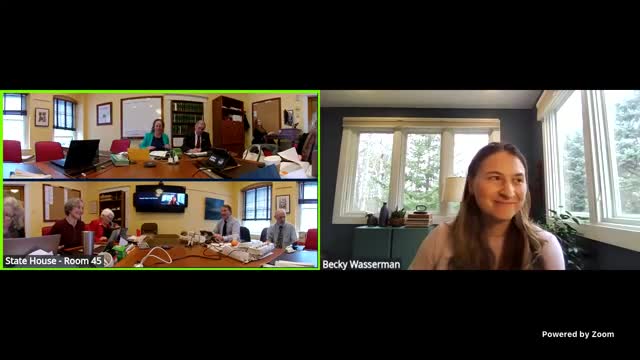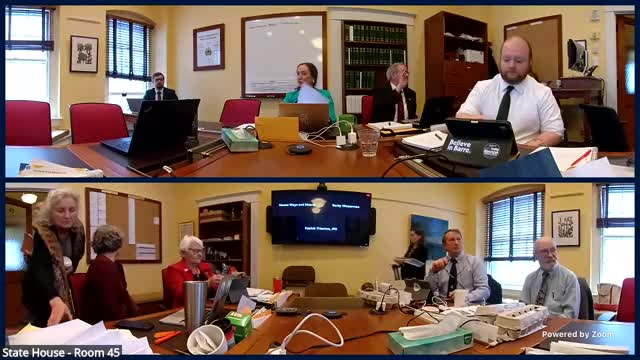Article not found
This article is no longer available. But don't worry—we've gathered other articles that discuss the same topic.

Committee reviews S.27: $1 million appropriation to contract with nonprofit to buy down medical debt; state tax offices say debt abolition likely non‑taxable

